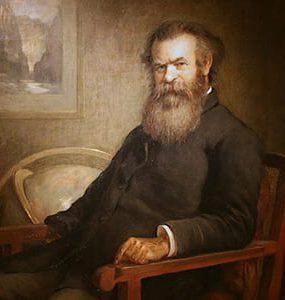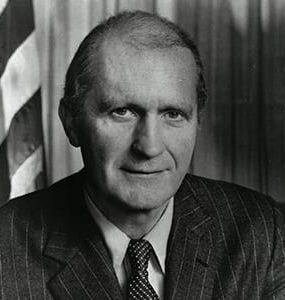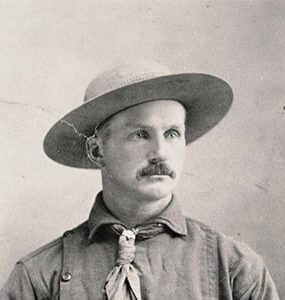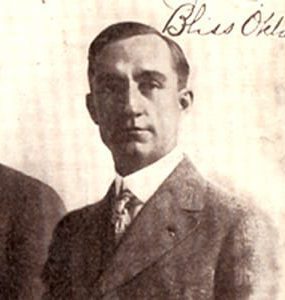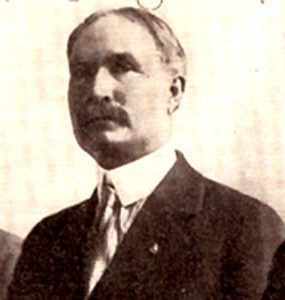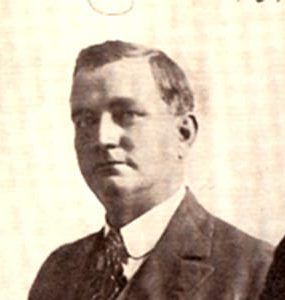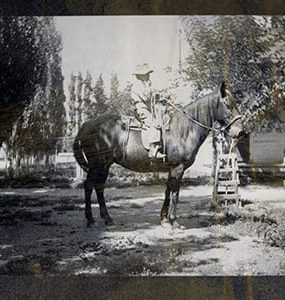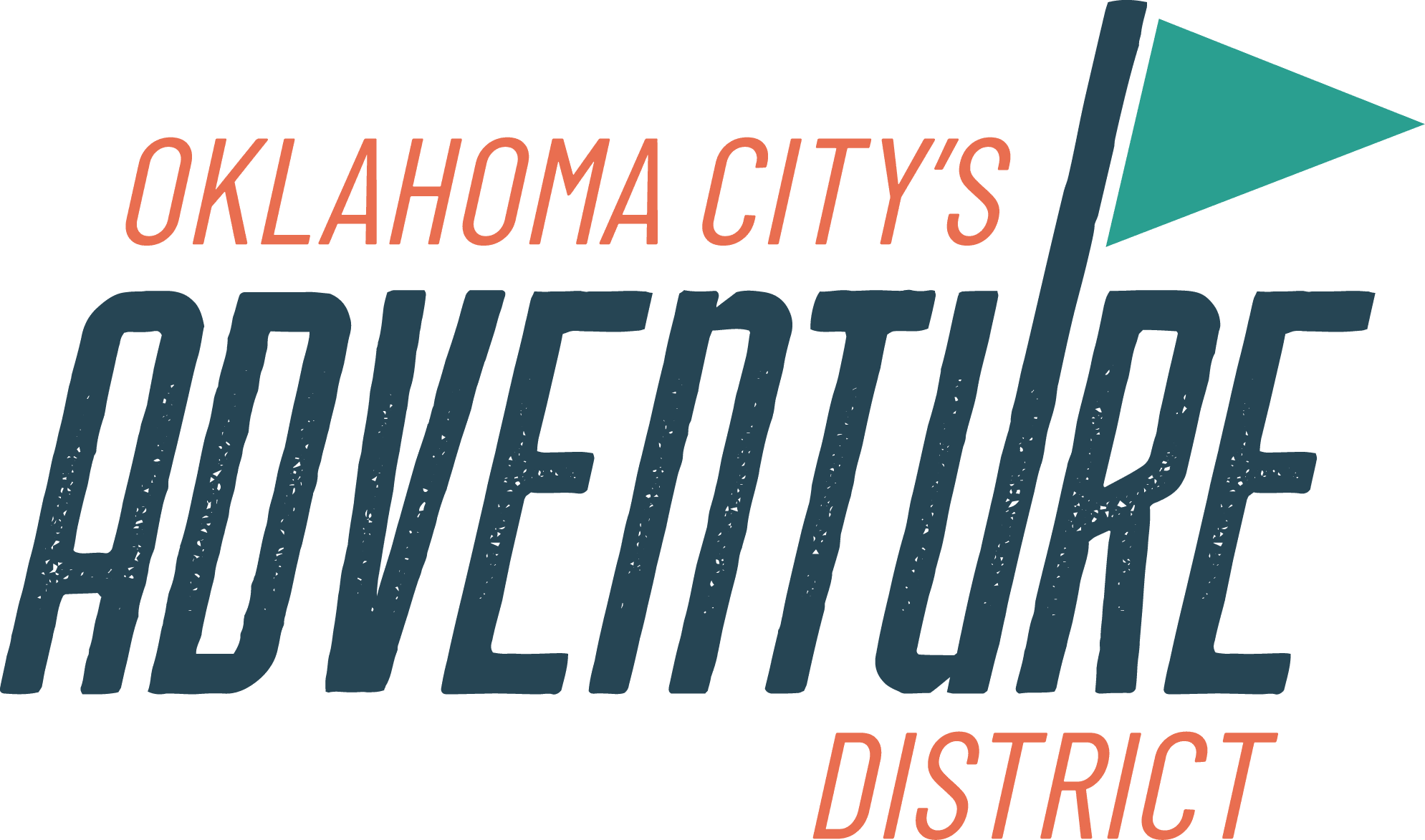Bio
John Wesley Powell (1834–1902) was an influential American geologist, soldier, and explorer best known for his pioneering exploration of the American West. Born in Mount Morris, New York, Powell grew up in a frontier family that frequently moved westward. He developed a love for the natural sciences and, despite not completing a formal degree, became a self-taught geologist and anthropologist.
Powell served in the Union Army during the Civil War, losing most of his right arm at the Battle of Shiloh. Despite this, he continued to lead a life of exploration and scholarship. In 1869, he organized and led the first official U.S. government-sponsored expedition to navigate the Green and Colorado Rivers, famously including the first documented passage through the Grand Canyon. This expedition cemented Powell’s legacy as a bold explorer and mapmaker.
Powell’s career extended beyond exploration. He became the second director of the U.S. Geological Survey (1881–1894), where he promoted policies for the development of the arid West, advocating for water conservation and careful land management. He also served as the first director of the Bureau of Ethnology at the Smithsonian Institution, where he contributed to studying Native American cultures and languages.
A visionary environmentalist, Powell recognized the challenges of developing the arid American West and warned of future water shortages. His work laid the foundation for modern conservation efforts. Powell passed away in 1902 and is remembered as a pioneering explorer and advocate for scientific research and environmental stewardship.
